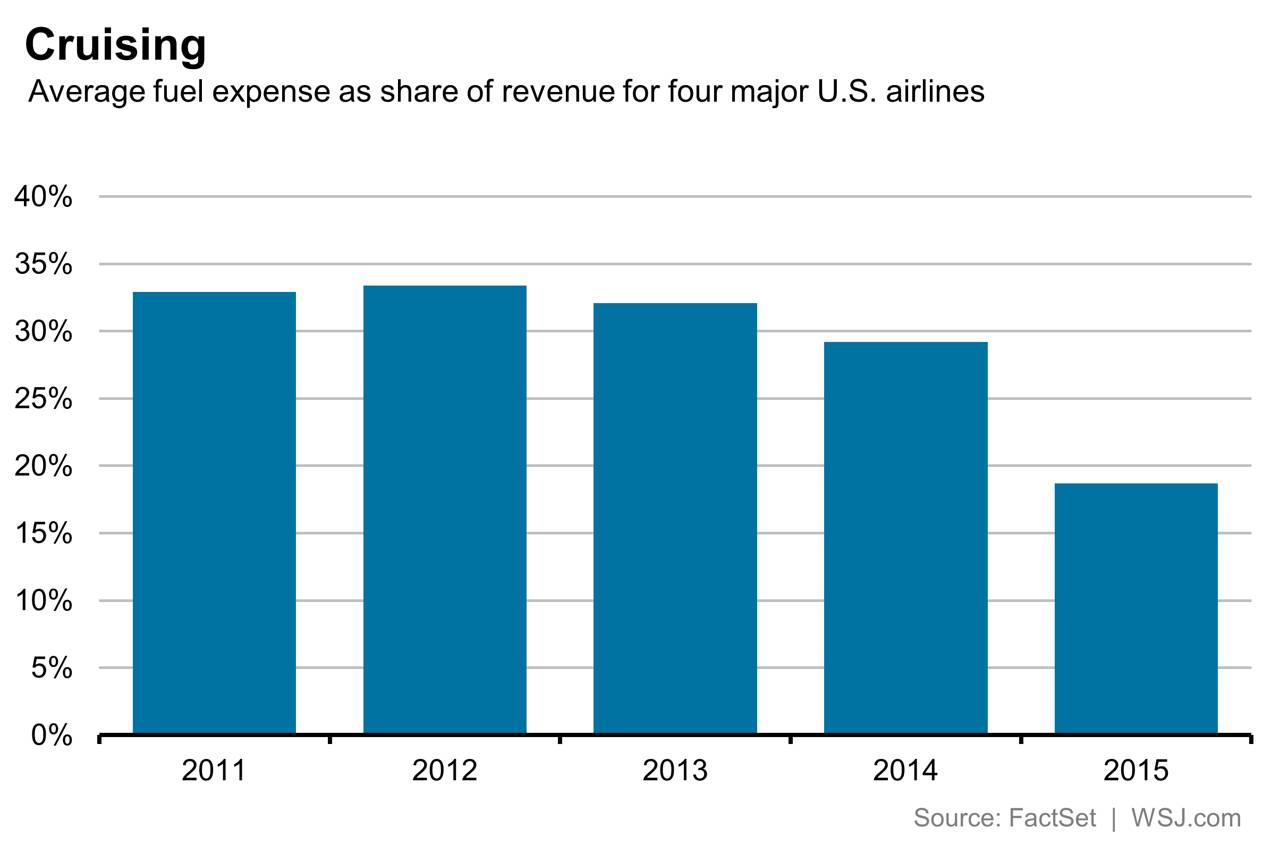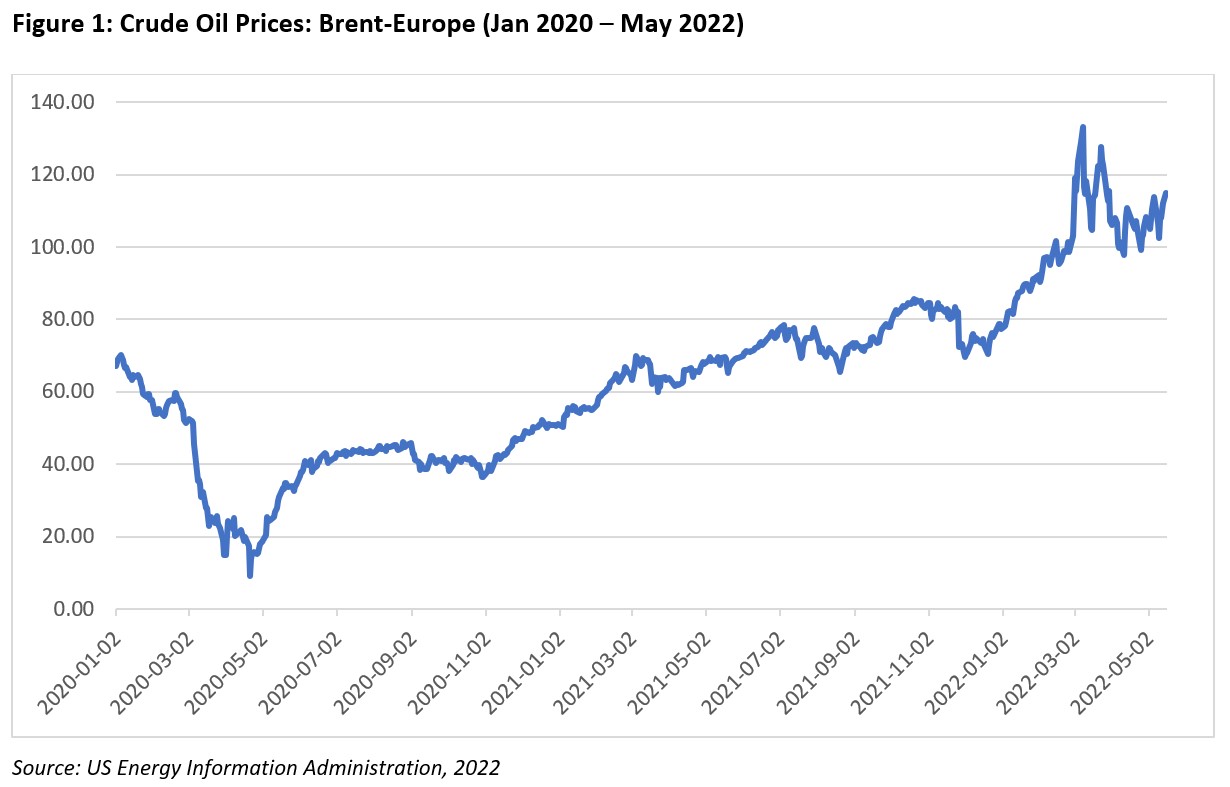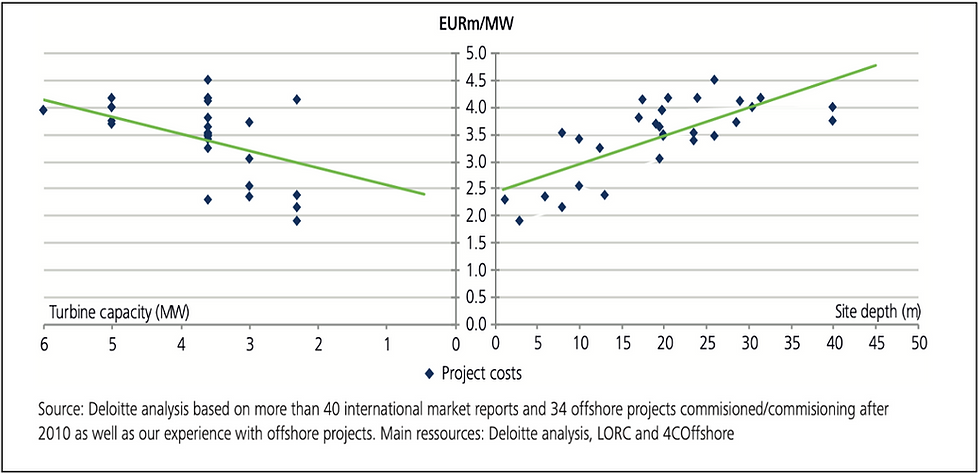Understanding The Detrimental Effects Of School Suspension On Children

Table of Contents
Academic Consequences of School Suspension
School suspension significantly disrupts a child's education, leading to a cascade of negative academic consequences. The missed instruction and disrupted learning environment contribute to significant learning loss, impacting academic achievement and lowering grade point average (GPA). This lost learning time is difficult, if not impossible, to recoup, creating a widening gap between suspended students and their peers.
Increased Absenteeism and Falling Grades
- Increased risk of dropping out of school: Repeated suspensions increase the likelihood of students disengaging from school altogether, ultimately leading to dropping out and reduced educational attainment.
- Difficulty catching up on missed material: The sheer volume of missed coursework and the lack of consistent support make it extremely challenging for suspended students to catch up, leading to further academic setbacks.
- Negative impact on standardized test scores: The disruption to learning directly translates to lower scores on standardized tests, impacting college admissions and future opportunities.
- Reduced likelihood of college enrollment: Poor academic performance due to repeated suspensions significantly reduces the chances of college enrollment, limiting future career prospects.
Social and Emotional Impact of School Suspension
Beyond the academic repercussions, school suspension deeply impacts a child's social and emotional well-being, often exacerbating existing problems and creating new ones.
Increased Risk of Delinquency and Criminal Behavior
Suspension isolates children, removing them from supportive school environments and potentially exposing them to negative influences.
- Exposure to negative peer influences during suspension: Time away from school can lead to increased association with peers involved in delinquent behavior, further escalating problematic behavior.
- Increased feelings of isolation and alienation: The experience of suspension itself can foster feelings of isolation, resentment, and alienation from both peers and educators.
- Weakened relationships with teachers and peers: Suspension strains relationships with teachers and peers, creating further barriers to academic and social success.
- Higher likelihood of future disciplinary actions: A cycle of suspension can easily develop, leading to repeated disciplinary actions and a deepening sense of disengagement from school.
Mental Health Challenges
School suspension is strongly correlated with increased mental health challenges. The stress, shame, and isolation associated with suspension can trigger or worsen existing mental health issues.
- Increased risk of self-harm and suicidal ideation: The emotional distress associated with suspension can significantly increase the risk of self-harm and suicidal thoughts, particularly in vulnerable students.
- Difficulties regulating emotions: The experience of suspension can impact a child's ability to regulate emotions, leading to further behavioral problems and difficulties in social interactions.
- Increased stress and anxiety: The uncertainty and negative social consequences of suspension contribute to increased levels of stress and anxiety.
- Need for increased mental health support: Students facing suspension often require increased mental health support to address the emotional and psychological distress associated with this disciplinary action.
The Disproportionate Impact of School Suspension
School suspension does not affect all students equally. There are stark racial and ethnic disparities in suspension rates, reflecting systemic biases within the school system.
Racial and Ethnic Disparities
Students of color, particularly Black and Hispanic students, are disproportionately suspended compared to their white peers, even when controlling for other factors. This disparity highlights the existence of implicit bias in school disciplinary practices and the urgent need for reform.
- Statistics demonstrating disparities in suspension rates: Numerous studies demonstrate significant racial and ethnic disparities in school suspension rates, revealing a systemic issue of inequitable discipline.
- Discussion of implicit bias in disciplinary actions: Implicit bias among educators plays a role in the disproportionate suspension of students of color. Subjective judgments often lead to harsher punishments for students of color than for their white counterparts for similar infractions.
- The need for culturally responsive discipline practices: Implementing culturally responsive discipline practices that take into account the unique needs and experiences of diverse student populations is crucial for creating a more equitable school environment.
Alternatives to School Suspension
Instead of resorting to suspension, schools should prioritize alternative disciplinary approaches that address the root causes of misbehavior and promote positive behavior change.
Restorative Justice Practices
Restorative justice practices focus on repairing harm and fostering reconciliation between students and the school community. These methods are far more effective in addressing the underlying issues contributing to misbehavior.
- Mediation and conflict resolution programs: These programs teach students conflict resolution skills and provide a structured environment for resolving disputes peacefully.
- Counseling and behavioral interventions: Providing access to counseling and behavioral interventions addresses the underlying emotional and behavioral issues contributing to disciplinary problems.
- Community-based restorative justice initiatives: Engaging the wider community in restorative justice initiatives creates a supportive environment for students and strengthens school-community partnerships.
Conclusion
School suspension is a deeply detrimental practice with far-reaching consequences for children's academic achievement, social-emotional development, and overall well-being. The disproportionate impact on marginalized groups highlights the urgent need for systemic change. The evidence overwhelmingly demonstrates that reducing school suspensions and implementing alternative disciplinary strategies, such as restorative justice practices, is crucial for creating equitable and supportive learning environments for all students. Let's advocate for educational equity and promote positive school climates by shifting away from punitive measures like school suspension and embracing more effective and humane approaches to student discipline. We must actively work towards reducing school suspensions and creating schools where every child has the opportunity to thrive.

Featured Posts
-
 Hollywood Stars Generous Donation In Wake Of Tata Steel Layoffs
May 02, 2025
Hollywood Stars Generous Donation In Wake Of Tata Steel Layoffs
May 02, 2025 -
 Epic Games Takes Fortnite Offline Update 34 40 Server Status
May 02, 2025
Epic Games Takes Fortnite Offline Update 34 40 Server Status
May 02, 2025 -
 Fans Claim Christina Aguilera Doesnt Resemble Herself In Recent Photoshoot
May 02, 2025
Fans Claim Christina Aguilera Doesnt Resemble Herself In Recent Photoshoot
May 02, 2025 -
 Is Doctor Who Taking A Break Russell T Davies Statements Analyzed
May 02, 2025
Is Doctor Who Taking A Break Russell T Davies Statements Analyzed
May 02, 2025 -
 Premier Bebe De L Annee Gagnez Son Poids En Chocolat En Normandie
May 02, 2025
Premier Bebe De L Annee Gagnez Son Poids En Chocolat En Normandie
May 02, 2025
Latest Posts
-
 The Impact Of Oil Supply Disruptions On Air Travel And Airlines
May 03, 2025
The Impact Of Oil Supply Disruptions On Air Travel And Airlines
May 03, 2025 -
 Oil Price Volatility A Major Threat To Airline Profitability
May 03, 2025
Oil Price Volatility A Major Threat To Airline Profitability
May 03, 2025 -
 Cost Concerns Hamper Growth Of Offshore Wind Energy Projects
May 03, 2025
Cost Concerns Hamper Growth Of Offshore Wind Energy Projects
May 03, 2025 -
 Fuel Crisis Navigating The Impact Of Oil Supply Shocks On Airlines
May 03, 2025
Fuel Crisis Navigating The Impact Of Oil Supply Shocks On Airlines
May 03, 2025 -
 Offshore Winds High Price Tag A Barrier To Future Development
May 03, 2025
Offshore Winds High Price Tag A Barrier To Future Development
May 03, 2025
